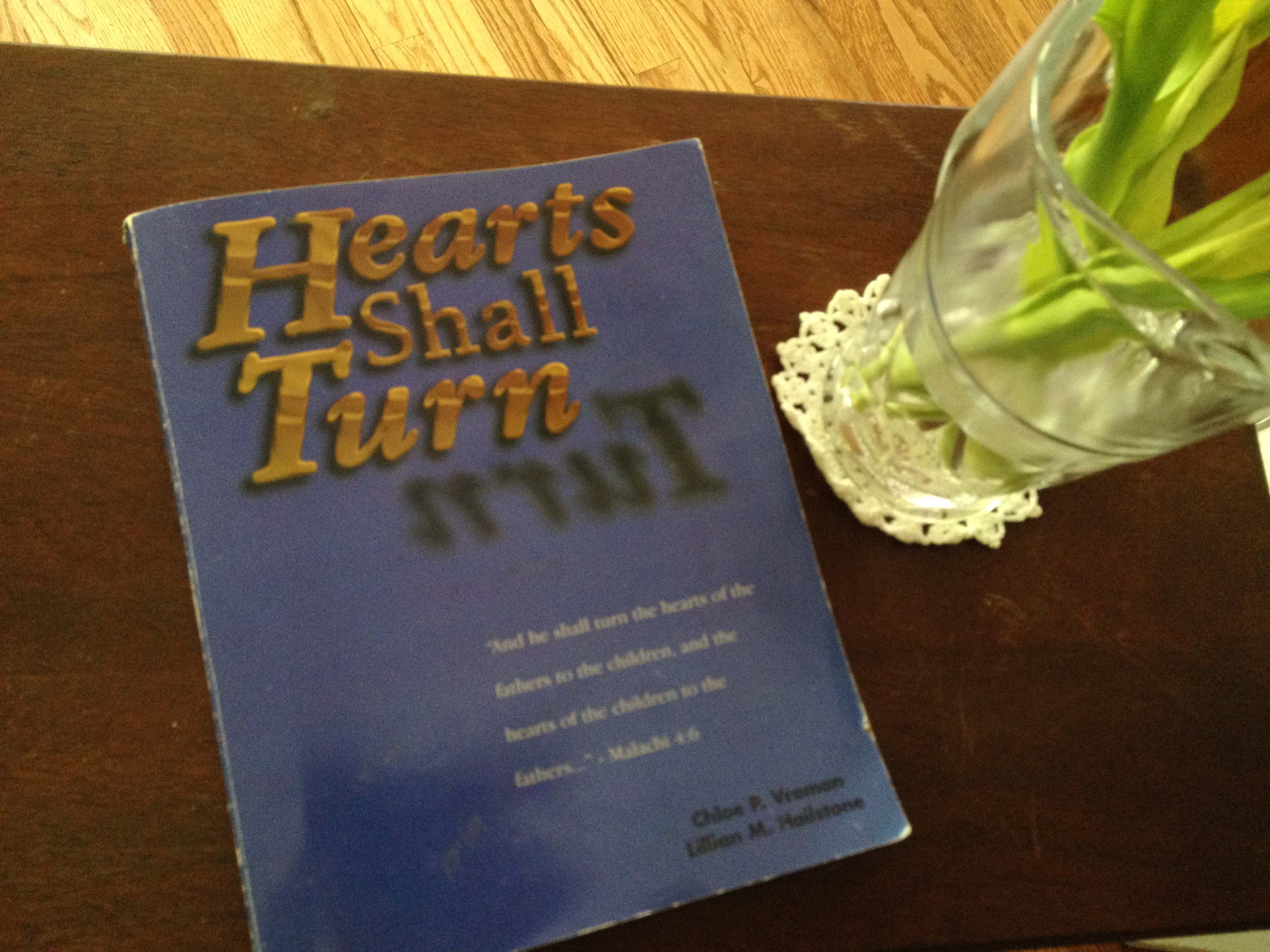
Testimony–A Record for your Posterity
Go Back to Lesson 9.
Writing down your testimony can be the most important record you leave for your children. As the scriptures teach repeatedly,
“And we talk of Christ, we rejoice in Christ, we preach of Christ, we prophesy of Christ, and we write according to our prophecies, that our children may know to what source they may look for a remission of their sins.” (2 Ne 25:26)
Ultimately, it won’t matter the stories, experiences, or history of our ancestors, unless it can be related to why we believe as we do, why we did what we did, and why we followed the course to the very end.
Challenge:
There are several ways you can record your testimony. Experiment with any of these.
- Write your testimony down, as if you were speaking directly to your family. Quote scripture, words from our prophets, relate specific learnings you have been devoted to and touched by as you’ve lived your life. Let your loved ones know what you believe, why you believe it, how you came to know it, where you were when you first felt a “burning in your bosom,” and add some of the joys you have felt because of it.
- Leave your testimony as you write the spiritual experiences you wish to relate to your posterity. Write down all that you can remember, especially down to the tears in your eyes and the beating of your heart.
- Take your favorite scripture verses and liken them unto yourself. Rewrite them so they speak from your voice. You can do this with many of the meaningful scriptures you have favored, underlined, memorized, or even found randomly for this assignment.
- Many people have found solace in the Psalms. Write your own psalm. Pick one that inspires you and imitate its form, but use your words and meaning.
- Write your own poems. Fill them with the things that mean the most to you.
- Perhaps, over the years, you have lived by your own creed, goals you set long ago, words that impressed you so much, you have always remembered them. Add your thoughts to how well you have accomplished what you wanted to in this life.
-

Pres. Hinckley at Rock Creek Hollow. This monument is to remember the obligations and blessings given, and to continue sharing the stories of the Second Rescue with others. Gordon B. Hinckley wrote his 10 beliefs in his talk, “I Believe” in the August 1992 Ensign. Write your own list of ten beliefs for your family.
- Write what you believe in and how you arrived at this belief. Both will be interesting to your posterity.
- If you have testimonies of your parents, grandparents, etc. gather them together adding them to your own.
- Write about the people, scriptures, and moments, that influenced your testimony.
Do some soul searching and be inspired. Do not worry about being too personal. This writing is yours and is based on your own approach to life and your own experience. You are writing for your posterity. As you write, keep in mind unity, coherence and emphasis.

I love the beautiful and intelligent way you have organized these lessons on writing a personal history. I intend to implement them in a relief society weekday meeting. Thank you!